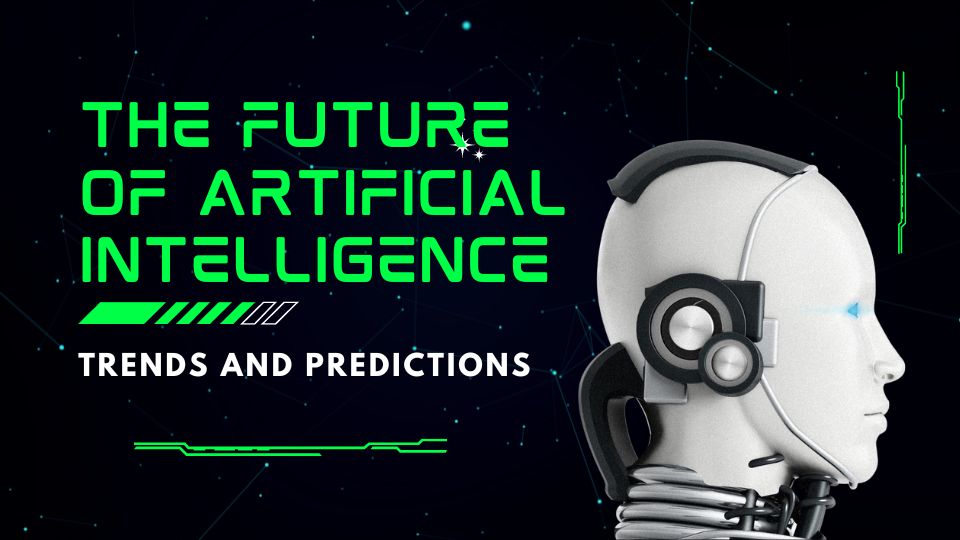
ChatGPT is a conversational language model developed by OpenAI. It is based on the GPT-3 architecture and is designed to generate human-like responses to natural language inputs. ChatGPT uses machine learning algorithms to analyze user inputs and generate relevant and accurate responses. This allows users to interact with the technology in a conversational manner, similar to how they would interact with a human. ChatGPT can be used in a variety of applications, including customer service, knowledge management, and information retrieval. It has the potential to revolutionize the way we interact with technology and access information.
There are several reasons why ChatGPT is good for us:
-
Convenience:
ChatGPT allows us to access information and receive answers to our questions quickly and easily, without having to search for answers manually.
-
Efficiency:
ChatGPT can process large amounts of information quickly and accurately, making it an effective tool for solving complex problems and generating insights.
-
Accessibility:
ChatGPT is available 24/7 and can be accessed from anywhere with an internet connection, making it an accessible resource for people with different needs and schedules.
-
Personalization:
ChatGPT can be trained on specific topics, allowing it to generate more relevant and personalized responses to user inputs.
-
Human-like interaction:
ChatGPT is designed to generate human-like responses, allowing for a more natural and engaging interaction between users and the technology.
Overall, ChatGPT is a valuable tool that can improve efficiency, convenience, accessibility, personalization, and interaction. It has the potential to transform the way we access information and receive answers to our questions.
The Impact of ChatGPT on Google Searches:
ChatGPT has the potential to change the way we search for information using search engines like Google. ChatGPT provides a more conversational and interactive approach to information retrieval, allowing users to receive answers to their questions in a more natural and intuitive way. With the ability to understand and respond to human language, ChatGPT can provide more personalized and relevant results than traditional search engines. This can lead to a shift in user behavior, with people increasingly turning to conversational models like ChatGPT for their information needs instead of relying solely on search engines. Additionally, ChatGPT can help to improve the accuracy and relevance of search results by incorporating natural language processing and machine learning algorithms into the information retrieval process. There are several potential drawbacks to using ChatGPT compared to traditional search engines like Google:
- Limited scope of information: ChatGPT is based on the GPT-3 architecture, which has been trained on a large corpus of data. However, its knowledge and understanding of the world is still limited, and it may not always provide the most up-to-date or accurate information.
- Bias and limitations in data: Like all machine learning models, ChatGPT is only as good as the data it has been trained on. If the training data contains biases or inaccuracies, ChatGPT may also produce biased or inaccurate results.
- Difficulty with complex questions: While ChatGPT has been trained on a wide range of topics, it may struggle to provide accurate responses to complex or specialized questions. This can limit its usefulness in certain situations.
- Inadequate privacy protections: As an AI model, ChatGPT may collect and store information about its users, which could potentially be used for malicious purposes. This raises concerns about privacy and security.
- Lack of human expertise: Although ChatGPT provides a conversational approach to information retrieval, it lacks the human touch and expertise that is sometimes necessary to provide accurate and meaningful results.
In conclusion, while ChatGPT has the potential to provide a more conversational and personalized approach to information retrieval, it also has its limitations and drawbacks. It is important to consider these limitations and weigh the pros and cons before relying on ChatGPT as a primary source of information.
Conclusion:
ChatGPT, a conversational language model developed by OpenAI, has the potential to significantly impact the way we search for information using search engines like Google. With its ability to understand and respond to natural language inputs, ChatGPT provides a more conversational and interactive approach to information retrieval. This can lead to a shift in user behavior, with people increasingly turning to conversational models like ChatGPT for their information needs instead of relying solely on traditional search engines.
One of the major benefits of ChatGPT is its ability to provide more personalized and relevant results. ChatGPT uses machine learning algorithms to analyze user inputs and generate responses that are tailored to individual needs. This can lead to a significant improvement in the accuracy and relevance of search results, providing users with the information they need more quickly and efficiently.
Another advantage of ChatGPT is its 24/7 availability and accessibility. Unlike traditional search engines that require manual input, ChatGPT can be accessed from anywhere with an internet connection and is available 24/7. This can make it a valuable resource for people with different schedules and needs, providing them with access to information whenever they need it.
In conclusion, the impact of ChatGPT on Google searches has the potential to be significant. By providing a more conversational and personalized approach to information retrieval, ChatGPT can revolutionize the way we search for information and access information online. With its advanced technology and machine learning algorithms, ChatGPT has the potential to transform the landscape of Google searches and become a key player in the information retrieval industry.













